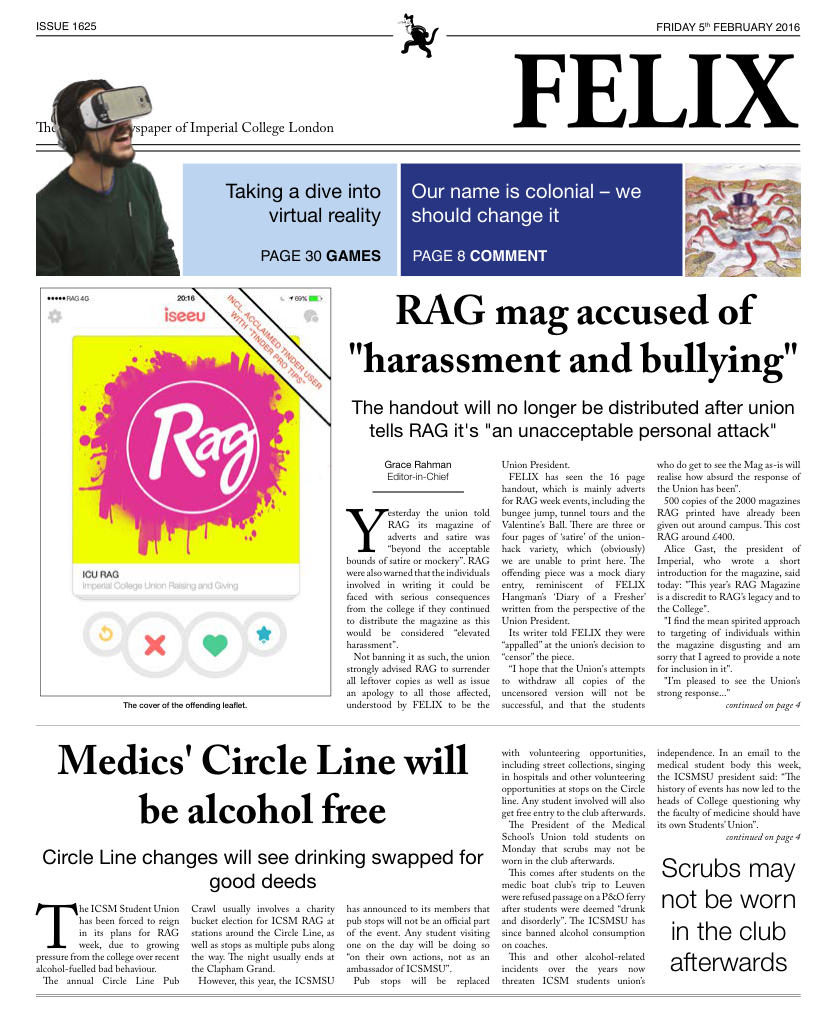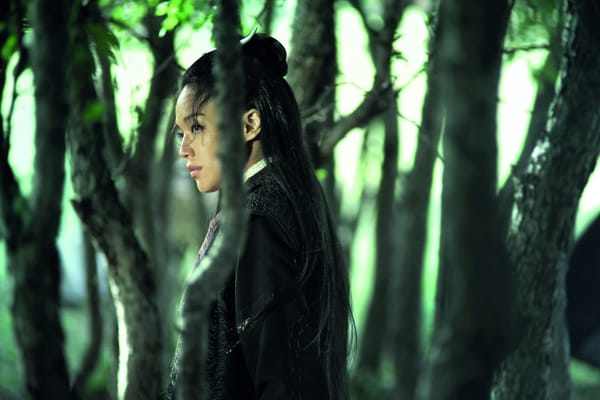Documentary corner: Chimpanzee
Disney made a doc!
Oh a genuine big-budget nature documentary," I thought excitedly. As a biologist and lover of all things primate I was instantly excited to watch this film upon seeing its name online. Unfortunately, my excitement quickly flip-flop’d when I saw the second part of the title: ‘Disney nature’. Expectations dropped considerably. Disney, as a company, has several connotations which, whilst fitting for children’s cartoons and comedies, doesn’t seem to blend well with the themes and tropes of a mature nature documentary.
What I was pleasantly surprised to find out upon finishing the film however, is that Chimpanzee does away with a very large proportion, although not all, of its Disney baggage.
Chimpanzee is presented as a story-driven narrative, and throughout the film we follow a 3-month old chimpanzee called ‘Oscar’. In the opening scenes we hear of his mother’s death and see him separated from his troop. Unfortunately, even once reunited with his clan none of the other 35 mothers are then prepared to ‘adopt’ him. Just before all hope is lost however an adult male ‘Freddy’ takes Oscar under his wing. This narrative is expertly spun throughout and we are able to learn a lot about the life of chimps in the Ivory Coast’s Tai Forest all whilst following the main protagonist’s journey. For example, in one short scene where Oscar observes how to crack open nuts – Oscar tries desperately to get to the nuts using logs of wood before an adult shows him how to instead use a spiked rock – we not only gain character development, but are also informed of primate learning behaviours.
In what I consider to be the big ‘Act 3 showdown’ of the film there is a clash between two warring troops of chimpanzees. One is led by a battered old alpha-male the filmmakers called ‘Scar’ and the other led by Freddy. The pacing and editing here is absolutely superb, and as much as I don’t want to admit it I also found myself more invested in the outcome of this clash having followed the main players throughout the film’s narrative. It is here where the film shines.
One issue is persistent however: whilst the looming hand of Disney is mostly absent from this experience, Chimpanzee can be, at times, anthropomorphic to a fault. The narrator often describes the chimps activity in an all-too romantic way. Even the labelling of the leader of the second clan as ‘Scar’ is a rather obviously manipulative move. Selective editing allows the filmmakers to spin any narrative they wanted, and one does often question the reality of what is presented on screen. As it stands though Chimpanzee still serves as an expertly assembled and executed look into some very intimate parts of the lives of young chimps. It is also a lot more educational than one might assume. As for recommendations, of course I would suggest you watch this film but perhaps bring a younger family member along with you as they will absolutely love it.







